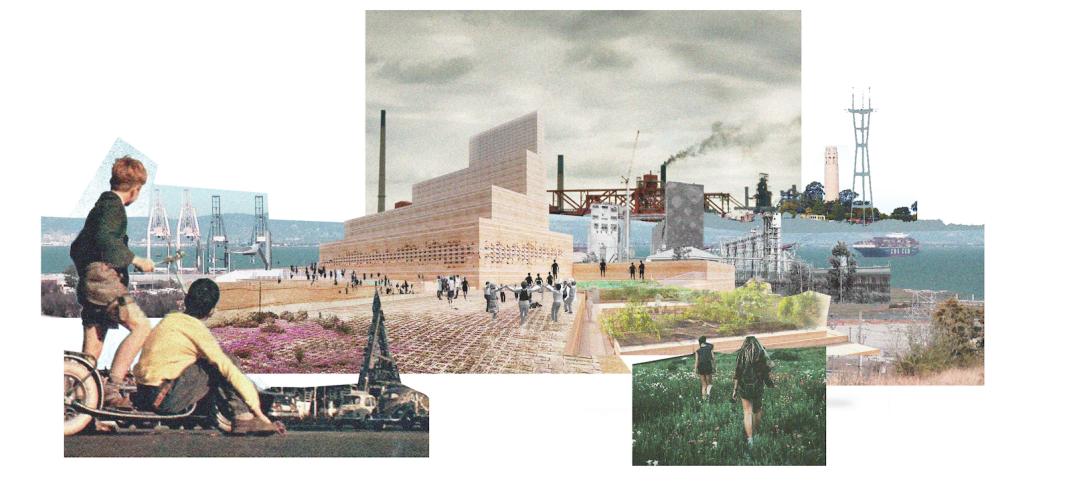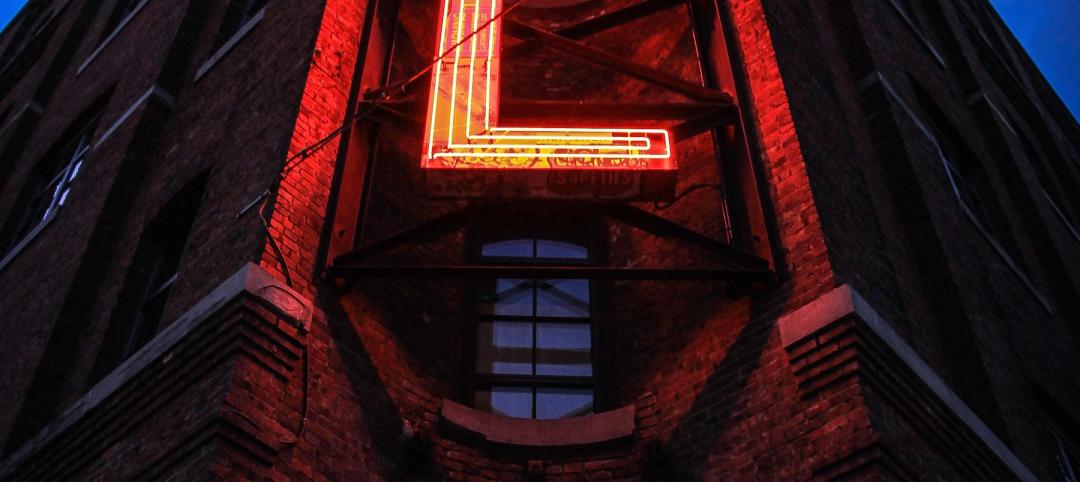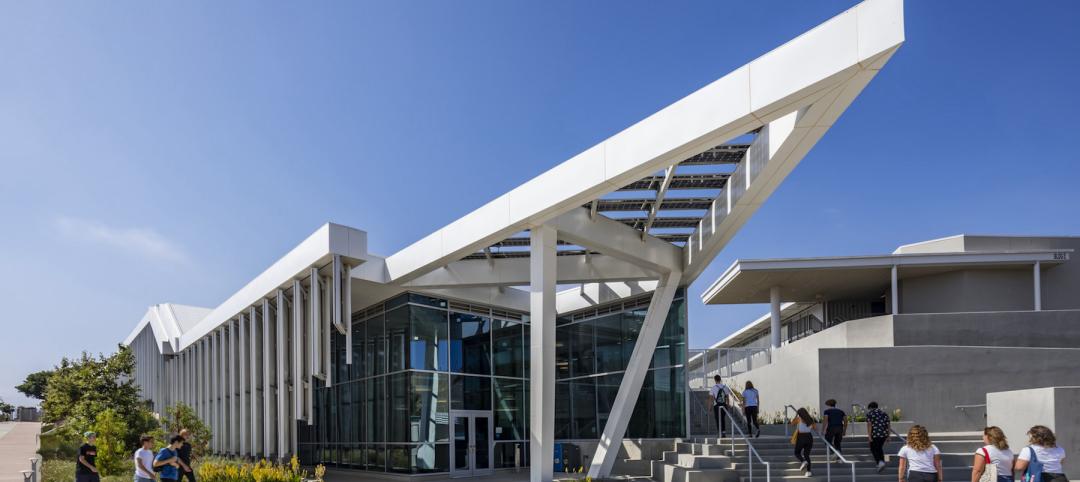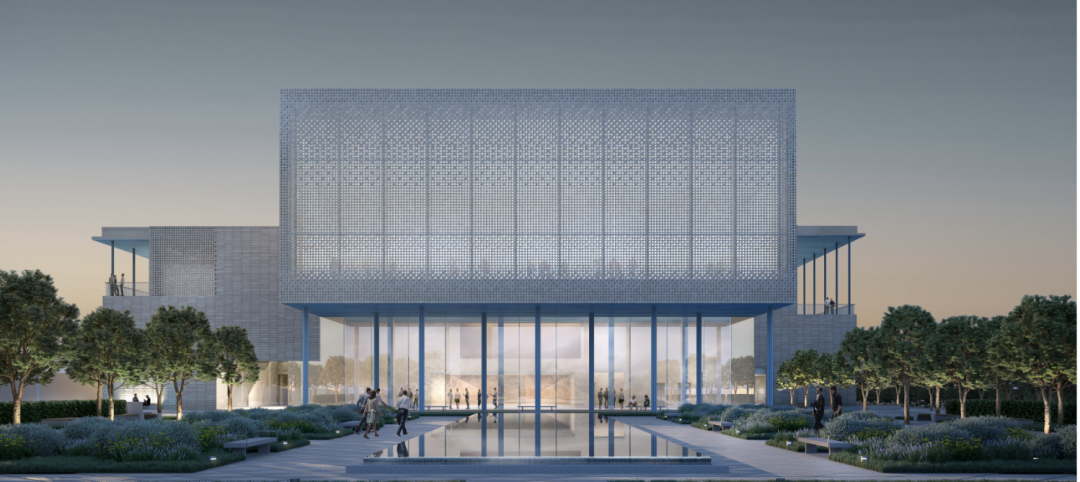The design nonprofit group Architecture for Humanity surprised everyone when it abruptly declared bankruptcy and closed shop in January 2015. Since that time, local chapters around the world have banded together in an effort to create a new identity and a new structure for the organization. In January 2016, they were briefly known as the Chapter Network before the newest rebranding effort was announced in early march.
The organization is now known as the Open Architecture Collaborative and is looking to retool its approach to “reach more people than we ever imagined with the level of locally focused engagement that humanitarian design ultimately demands,” Garrett Jacobs, the new Executive Director of the organization said in a statement.
As Curbed.com reports, the 30-chapter organization is based on ground-up governance and is looking to deliver “design advocacy, facilitation, assessment, and small build services to local grassroots chapters’ marginalized communities,” according to the group’s website. Additionally, OAC wants to help younger design professionals gain field experience.
While this rebranded organization is still in its infancy, it has many big ideas for the future.
“Cities are rapidly transforming and this organization provides local designers and experts to work with the communities that feel those pains the most,” Jacobs said in a video posted to the group’s YouTube channel.
A guiding principle for the OAC is that they believe if people design and build their own environments, they will be more likely to keep them safe, invest in them, and sustain them long term.
The organization will complete its board of directors shortly as the final few seats will be voted on and filled.
Related Stories
Multifamily Housing | Jul 28, 2022
GM working to make EV charging accessible to multifamily residents
General Motors, envisioning a future where electric vehicles will be commonplace, is working to boost charging infrastructure for those who live in multifamily residences.
Urban Planning | Jul 28, 2022
A former military base becomes a substation with public amenities
On the site of a former military base in the Hunters Point neighborhood of San Francisco, a new three-story substation will house critical electrical infrastructure to replace an existing substation across the street.
Hotel Facilities | Jul 28, 2022
As travel returns, U.S. hotel construction pipeline growth follows
According to the recently released United States Construction Pipeline Trend Report from Lodging Econometrics (LE), the total U.S. construction pipeline stands at 5,220 projects/621,268 rooms at the close of 2022’s second quarter, up 9% Year-Over-Year (YOY) by projects and 4% YOY by rooms.
Codes and Standards | Jul 27, 2022
Biden administration proposes drastic flood insurance reform
The Biden administration’s proposed major overhaul to the National Flood Insurance Program, or NFIP, would drastically alter how Americans protect homes and businesses against flooding.
Concrete | Jul 26, 2022
Consortium to set standards and create markets for low-carbon concrete
A consortium of construction firms, property developers, and building engineers have pledged to drive down the carbon emissions of concrete.
Green | Jul 26, 2022
Climate tech startup BlocPower looks to electrify, decarbonize the nation's buildings
The New York-based climate technology company electrifies and decarbonizes buildings—more than 1,200 of them so far.
Education Facilities | Jul 26, 2022
Malibu High School gets a new building that balances environment with education
In Malibu, Calif., a city known for beaches, surf, and sun, HMC Architects wanted to give Malibu High School a new building that harmonizes environment and education.
| Jul 26, 2022
Better design with a “brain break”
During the design process, there aren’t necessarily opportunities to implement “brain breaks,” brief moments to take a purposeful pause from the task at hand and refocus before returning to work.
Building Team | Jul 25, 2022
First Ismaili Center in the U.S. combines Islamic design with Texas influences
Construction has begun on the first Ismaili Center in the U.S. in Houston.
Codes and Standards | Jul 22, 2022
Office developers aim for zero carbon without offsets
As companies reassess their office needs in the wake of the pandemic, a new arms race to deliver net zero carbon space without the need for offsets is taking place in London, according to a recent Bloomberg report.

















